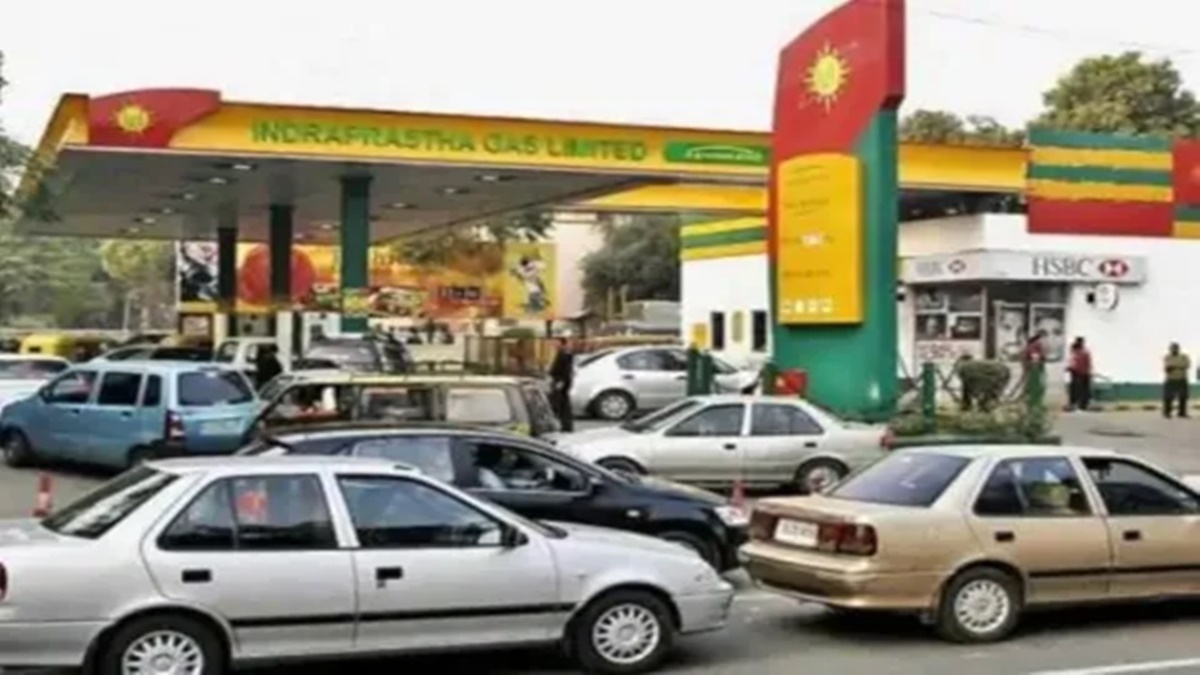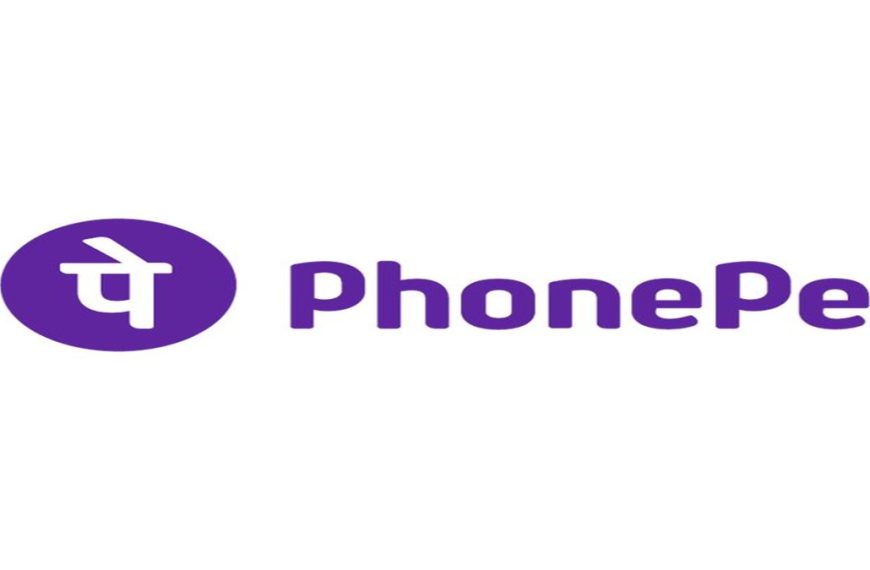The Indian Ministry of Petroleum and Natural Gas revealed significant updates to the domestic gas allocation framework on Friday. These changes are designed to ensure a consistent supply and competitive prices for natural gas utilized in Compressed Natural Gas (CNG) for transport and Piped Natural Gas (PNG) for residential use.
Key Changes to Gas Allocation Policy
Starting from Q1 FY26, the new policy stipulates that allocations for both CNG and PNG will be determined two quarters in advance. Additionally, the allocations will now encompass New Well Gas (NWG) sourced from state-run entities such as ONGC and Oil India (OIL).
The government stated, “Forecasts from GAIL and ONGC will improve supply visibility for City Gas Distribution (CGD) companies, enhancing their planning and efficiency in delivery.” This initiative aims to bolster the operational capabilities of CGD entities.
Impact of Recent Policy Adjustments
This policy shift comes following a reduction in the allocation of Administered Price Mechanism (APM) gas to CGD companies, which has affected their profit margins and led to increased prices for CNG. The previous auction-based method for distributing NWG has been replaced by a quarterly pro-rata system.
- GAIL will allocate NWG to CGD firms based on their demand, adhering to the updated guidelines.
- Despite the rising demand from the CGD sector, the government has maintained a consistent allocation ratio for domestic gas.
In Q3 FY25, the allocation stood at 54.68% of projected demand, while Q1 FY26 saw an allocation increase to 55.68%, with projections at 54.74% for Q2 FY26.
Stability and Affordability in Pricing
Both APM and NWG prices are linked to the Indian Crude Basket and are recalibrated on a monthly basis. With the recent drop in crude oil prices, the government anticipates that these measures will make CNG and PNG more affordable for consumers.
The government emphasized that these strategic adjustments will enhance CGD entities’ capacity to forecast demand and manage supply effectively. This will lead to improved predictability in supply and overall affordability for companies, benefiting millions of urban and semi-urban consumers throughout India.
Concerns Over Price Increases
The reduction of APM gas allocations—by up to 20%—has necessitated the substitution with NWG, which is often priced higher. This change has raised alarms about potential increases in CNG prices among CGD companies. Distributors like Indraprastha Gas, Mahanagar Gas, and Adani Total Gas depend on government-allocated domestic gas to fulfill PNG and CNG needs. Currently, the government-set price for domestic gas is $6.75 per MMBtu.
These policy revisions reflect the government’s commitment to ensuring a stable, affordable, and transparent gas supply system for critical transport and domestic sectors, ultimately enhancing the well-being of consumers across the nation.











